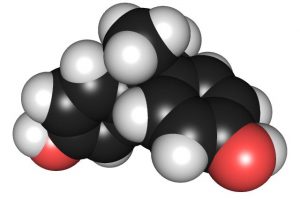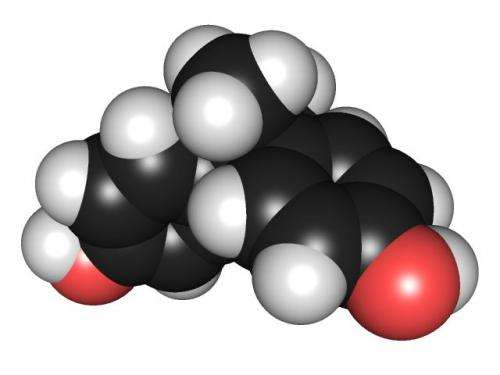EU watchdogs disagree about health risk of Bisphenol A


Two European Union watchdogs strongly disagreed on Wednesday about the threat to health posed by the chemical Bisphenol A, which is used to make plastic for some food and drink packaging.
Bisphenol A (BPA) has already been banned in the EU and US from being used in baby bottles and children containers after research suggested it could be linked to a range of health disorders.
After its experts re-evaluated the scientific evidence, the European Food Safety Agency said in a statement that dietary exposure to BPA “is a health concern for consumers across all age groups”.
The EFSA, which has an advisory role to the European Commission and the 27 member states, suggested the bloc drastically lower the maximum daily intake of BPA allowed for consumers.
However the European Union’s drug watchdog disagreed with the advice, causing a rare public rift in the opinions of two EU agencies.
“It is not possible to achieve convergence for the differences of opinion” about how to assess the health risk of BPA, the European Medicines Agency (EMA) said in a dueling statement.
The EMA is responsible for approving drugs, and its opinions are regularly waved through by Brussels.
It criticized the EFSA’s methodology, suggesting the food safety watchdog had been too hasty “given that a causal link has not been demonstrated in a study in animals or humans”.
‘Appreciable health risk’
The disagreement in particular concerns the tolerable daily amount of BPA that can be consumed over a lifetime without an “appreciable health risk”.
The EFSA slashed its recommended maximum daily intake by 20,000 times to 0.2 billionths of a gram, down from four millionths of a gram.
BPA is used in a range of plastics including drink bottles, can coatings and other protective coatings, meaning that most people are potentially exposed to it while consuming food and drink.
It had long been used to make baby bottles, until its use in children products was banned in the EU, United States and other nations around a decade ago.
The EFSA said that the hundreds of studies its experts reviewed suggested that BPA was associated with an increase of a type of white blood cell, which “could lead to the development of allergic lung inflammation and autoimmune disorders”.
The experts also “took into account other potentially harmful health effects on the reproductive, developmental and metabolic systems,” it said.
In France, the only country to have entirely banned BPA, consumer rights organization UFC-Que Choisir seized on the EFSA’s report to call for all bisphenols—not just A—to be prohibited.
The group said its own tests had detected bisphenols in dozens of products for babies, including baby bottles.
© 2023 AFP
Source: Read Full Article